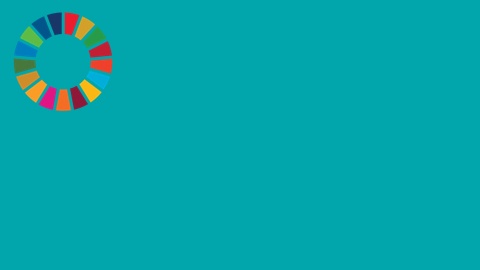The European Alliance for Culture and the Arts (where CAE is a member) appeals to include culture, arts and creative work in the the European Commission’s new strategy for achieving the 2030 Agenda for Sustainable Development of the United Nations (the 2030 Agenda).
The 17 Sustainable Development Goals and associated targets adopted by the United Nations in 2015 set a long-term strategy for building a better and fairer future and eradicating poverty worldwide. The New European Consensus on Development, one of the documents of the Commission’s new sustainability strategy, acknowledges the need for more efficient collaboration at all levels and a new cross-cutting approach to addressing the different dimensions of sustainability. The new plan also highlights that there is a drive towards a decisive transformation of the existing development approaches, which implies a significant cultural shift within institutions and society at large.
Nevertheless, the European Alliance for Culture and the Arts notices with concern that European Commission has not yet mainstreamed culture in its new sustainability plan. The Commission hints at the role of culture, arts and creative work in relation to various goals, yet there is an apparent gap between the Commission’s plan and the ambitious spirit of the SDG Agenda. We encourage the Commission in all next steps not to miss the opportunity to benefit from culture’s transformative power and its potential for envisaging and shaping a truly different world.
Imagining a different future is as much a challenge as it is a creative task. Culture, arts and creative work have the potential to inspire a critical view, revealing the imperfections of current approaches to sustainability and to facilitate envisaging a better future. Not only must new legal frameworks be introduced, but a considerable transformation of individual perceptions, values and behavioural patterns is needed. Be it with regard to education, gender or intercultural relations, attitudes towards the environment or consumer habits, culture and the arts have tremendous power as messengers on sustainability concerns.
The European Alliance for Culture and the Arts believes that it will only be possible to achieve the ambitious SDG framework if the EU integrates culture, arts and creative work in its 2030 Agenda, including its objectives, definitions, tools and evaluation criteria. The Agenda 2030 must clearly address the role of the arts and heritage in fostering intercultural dialogue and social cohesion, acknowledge the cultural component of the integration of displaced people and highlight the power of culture to promote democracy and to heal social wounds. Culture and creative work must be recognised as key contributors to economic growth and a powerful messenger on all sustainability issues, from gender discrimination to climate change.
In this context the Alliance refers to the campaign “The Future We Want Includes Culture”, of which the Alliance’s member Culture Action Europe is an active partner. The manifesto of the campaign lays out key arguments why culture needs to be included in the SDGs.
No Sustainable Development without Culture
